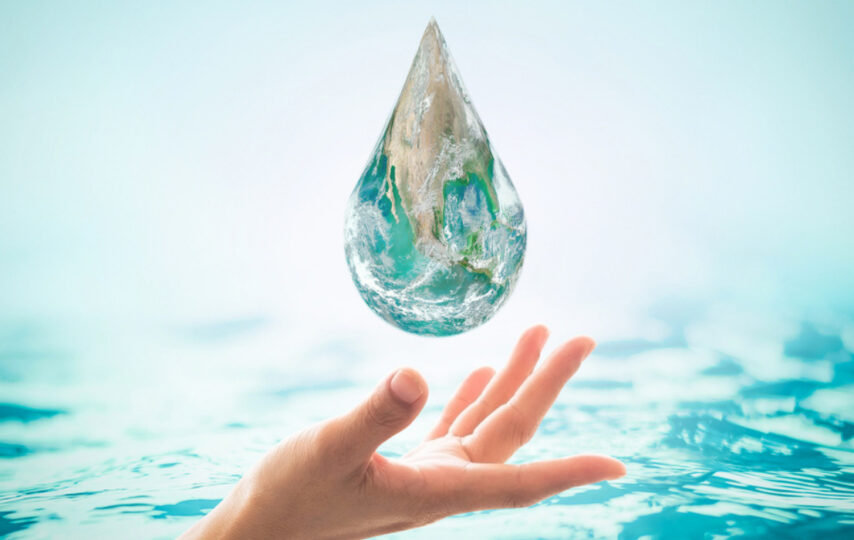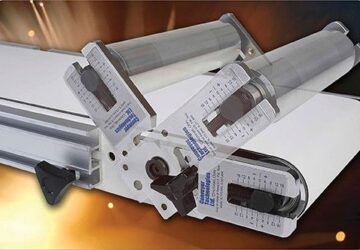Water damage can be a homeowner’s worst nightmare. Whether it’s a leaky roof, a flooded basement, or damp walls, the consequences of water intrusion can be costly and disruptive. Waterproofing is the key to preventing such issues and protecting your home from water damage.
These days, waterproofing supplies have made a big difference in the construction industry. Waterproofing provides modern solutions to enhance the durability, flexibility and resistance of the materials from any leakage and lessen water absorption.
Being wise to choose the best option for your home or project, you should know their different types. This is important to apply the best suitable product to your needs. Here are the five essential water-resistant supplies in the market that will make your future secure and safe.
1. Polyurethane
Polyurethane is good for filling in capillary cracks. It helps harden the concrete’s outer surface and decrease its water absorbency. If you are looking for a good investment, this should be on the list to be considered. Most construction suppliers use this for waterproofing pedestrian decks, water tanks, roofs, bridges, parking decks, and more.
This material is water vapor permeable, which is good for adhesion and can resist oil or other chemicals. It has a working life of 25 years, thus, ensuring safety for a long duration. Just remember that only professionals should apply this material because of its dangerous effect once inhaled or exposed to its content.
2. EPDM Rubber
EPDM Rubber is specifically used to seal the roof. It is made of ethylene, propylene and diene monomers, an M-class rubber tested for durability. This rubber is easy to install because of its flexibility and is also safe, unlike any other waterproofing supplies.
The EPDM rubber can withstand high temperatures of up to 150 degrees Celsius and lessen the risk of carbonation and capillary cracking. Aside from the roof, it can seal car windows, trunks, and wood.
3. Cementitious Coating
This type of coating is made of sand, organic, inorganic chemicals, and silica-based substances. It is mixed with lime to create a waterproof sealant. Bayset waterproofing suppliers recommend this type of water-resistant coating, as it can easily be utilized in different areas. But unlike any other sealant, cementitious coating lacks flexibility due to its elements that have minimal stretch capacity.
Cementitious comes in liquid or spray forms. Utilizing it depends on the surface that needs to be sealed; spray can be suitable for small areas, while liquid is good for large surfaces. Following the manufacturer’s instructions will help to get the best formula that will last longer appropriately.
4. Thermoplastic
Thermoplastic is one of the pricey waterproofing supplies on the market. It is because of its durability that it can last up to 50 years or more. This also contains elastomers, a type of polymer that transform the materials to a semi-solid state. In this stage, the elasticity is high and suitable to appropriately coat or seal any open leakages, surfaces, or panels.
Pharmaceutical industries highly suggest this type of sealing for food or product security. It can keep the air inside and liquid out, protecting their products from any spill contamination. While the construction industries commonly use this for coating split slabs, property lines, elevator pits, tanks, fountains, and decks.
5. Rubberized Asphalt
Rubberized asphalt is known for its convenience. It is commonly used for wide surfaces or commercialized areas. Most businessmen or project managers choose this type of waterproofing
because of its toughness and the assurance of the best result. It naturally blends with concrete and strengthens the innermost element providing permanence for a long time.
Another advantage of rubberized asphalt is that it can be easily operated and dry up in just three hours. Ideally, it is used to waterproof plazas, parking areas, outdoor amenities, tunnels and similar types of construction.
The Best Bet For Water-Resistant Future
There will be a lot more available waterproof supplies on the market. But the best choice will come if you take the time to understand their differences. Each type is designed and formulated for a specific purpose. Search and ask for expert guidance so the best result is possible for your project at hand.
Do not limit yourself to what is known; it is always good to be advanced in caring for your future home and business.
References:
https://wtrproof.com/types-of-waterproofing-materials/
https://www.pbctoday.co.uk/news/building-control-news/waterproofing-materials-guide-construction/107862/
https://constrofacilitator.com/waterproofing-membranes-types-and-applications/








